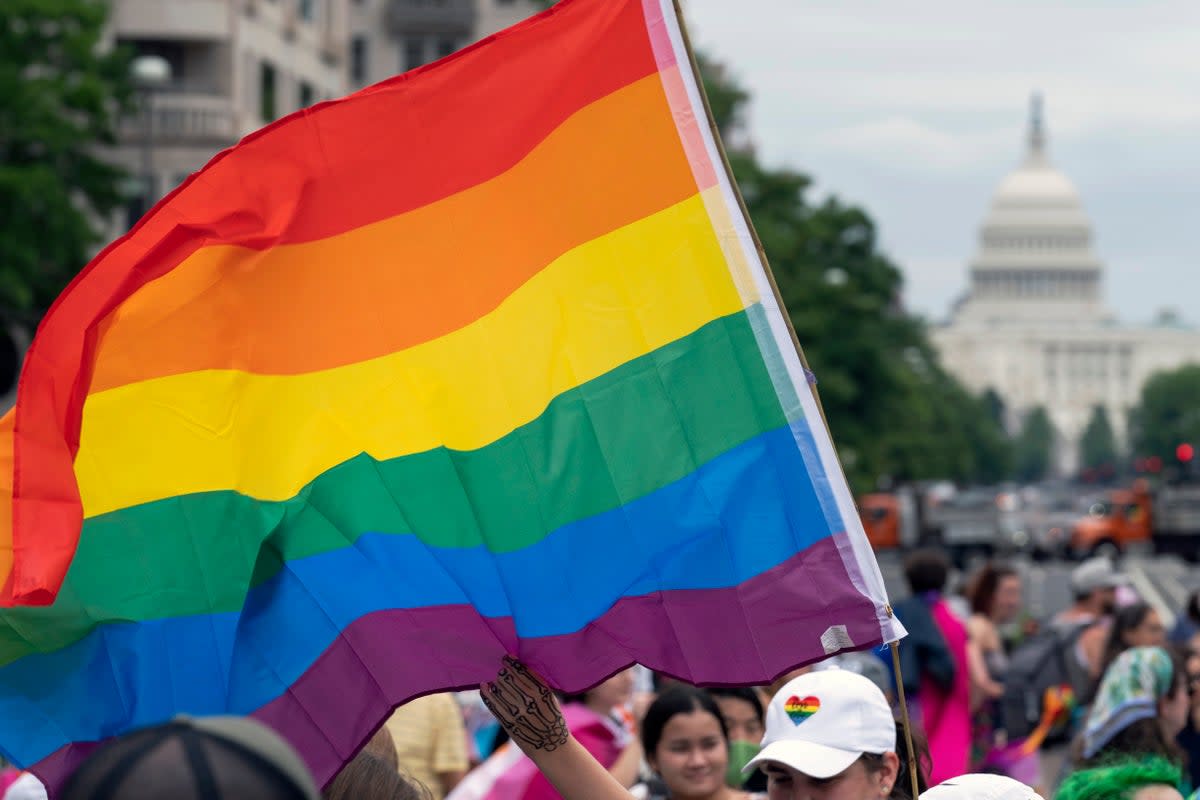Texas judge uses anti-LGBT+ Supreme Court ruling to argue she can refuse to perform same-sex weddings

A justice of the peace in Waco, Texas, has been arguing against performing same-sex weddings for years. Now, she’s citing a recent anti-LGBT+ ruling from the Supreme Court to claim she has the right to refuse.
Judge Dianne Hensley recently filed a brief to the Supreme Court of Texas claiming the US Supreme Court’s recent ruling in 303 Creative LLC v Elenis gives Ms Hensley the right to refuse to perform same-sex weddings as it violates her right under the Texas Religious Freedom Restoration Act.
“303 Creative was interpreting the First Amendment’s Speech Clause rather than the Texas Religious Freedom Restoration Act. Its holding is nonetheless instructive because it rejects the idea of a ‘compelling interest’ in forcing wedding vendors to participate in same-sex and opposite-sex marriage ceremonies on equal terms,” a lawyer representing Ms Hensley wrote in the brief obtained by The Texas Tribune.
The brief goes on to claim the Court’s rejection of the “compelling interest” clause is applicable to Ms Hensley, who has been arguing with the state since 2019.
Experts and LGBT+ activists shared concerns that the Court’s ruling in 303 Creative would inspire a slew of cases where businesses may refuse service to people in the LGBT+ community for “religious freedom” reasons.
Last month, the Supreme Court ruled that Lorie Smith, the owner of 303 Creative LLC, was allowed to refuse her wedding website services to same-sex couples because it violated her First Amendment right to comply with speech she did not agree with.
Ms Hensley and her lawyers have now cited the case’s ruling to argue she can refuse to perform same-sex weddings – something she first began doing in 2017.
The Texas judge claimed her “sincerely held religious belief as a Christian” prevented her from performing same-sex weddings.
Then in 2019, The Texas State Commission on Judicial Conduct gave Ms Hensley a public warning and a sanction.
In return, Ms Hensley sued the state commission on judicial conduct for damages claiming they “burdened the free exercise of her religion”.
Though the suit was initially dismissed by lower courts, the Supreme Court of Texas agreed to hear arguments last month.
Justin Butterfield, the deputy general counsel for First Liberty Institute, the organisation representing Ms Hensley, said: “Judge Hensley always followed the law. She sought to follow her religious beliefs and accommodate everyone, yet the government chose to punish her. We look forward to the Texas Supreme Court correcting this injustice.”

